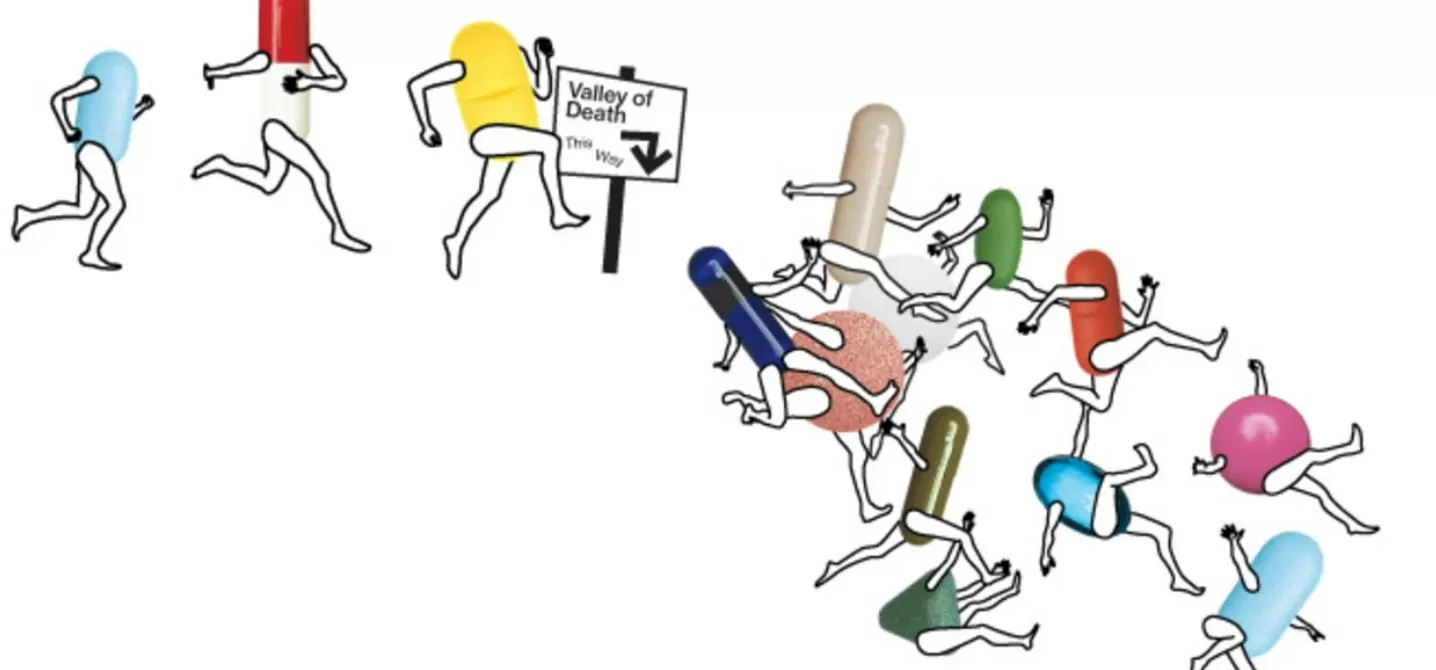Who’s In Charge?

The current issue of Businesweek includes an interesting article on the challenges of drug discovery. The quote from Margaret Anderson really resonates “The challenge in medical research is that there ultimately is no one in charge." In one simple sentence she gets to the root of why RSRT and other disease specific non-profits exist: someone needs to be in charge!
Speeding Up the Discovery of Drugs
By John Tozzi on November 29, 2012 | Businessweek
When Scott Johnson read an article about a potential breakthrough that restored nerve function in mice with multiple sclerosis, he assumed it would soon be turned into a treatment. That was in 2001. Johnson, who was diagnosed with MS at age 20 in 1976, is still waiting.
A Silicon Valley entrepreneur who has led startups in areas as diverse as food processing and simulated helicopter flights, Johnson founded the Myelin Repair Foundation in 2002 with the goal of halving the time it takes to develop new MS treatments. Now he’s part of a growing movement to fix the messy, uncoordinated way new medicines are created. “I realized that it was literally a totally dysfunctional system,” says Johnson. “It’s not surprising no drugs come out.”
The distance between a scientific discovery and a commercial treatment is known in the drug industry as the “valley of death,” and that’s where most medical innovations end up. For every 5,000 to 10,000 potential treatments discovered in the lab, only one makes it to market, according to the Pharmaceutical Research and Manufacturers of America (PhRMA), the drug industry lobby. And while total spending on research and development by the industry and the National Institutes of Health has increased from about $50.3 billion in 2001 to $80.4 billion in 2011, according to PhRMA data, the number of new drugs approved each year has remained roughly constant at 20 to 30.
“The challenge in medical research is that there ultimately is no one in charge,” says Margaret Anderson, executive director of FasterCures, a Washington nonprofit trying to speed up medical breakthroughs. “It’s not like building the atomic bomb or mapping the genome, those big scientific projects where there was one goal everybody’s trying to get to.”


